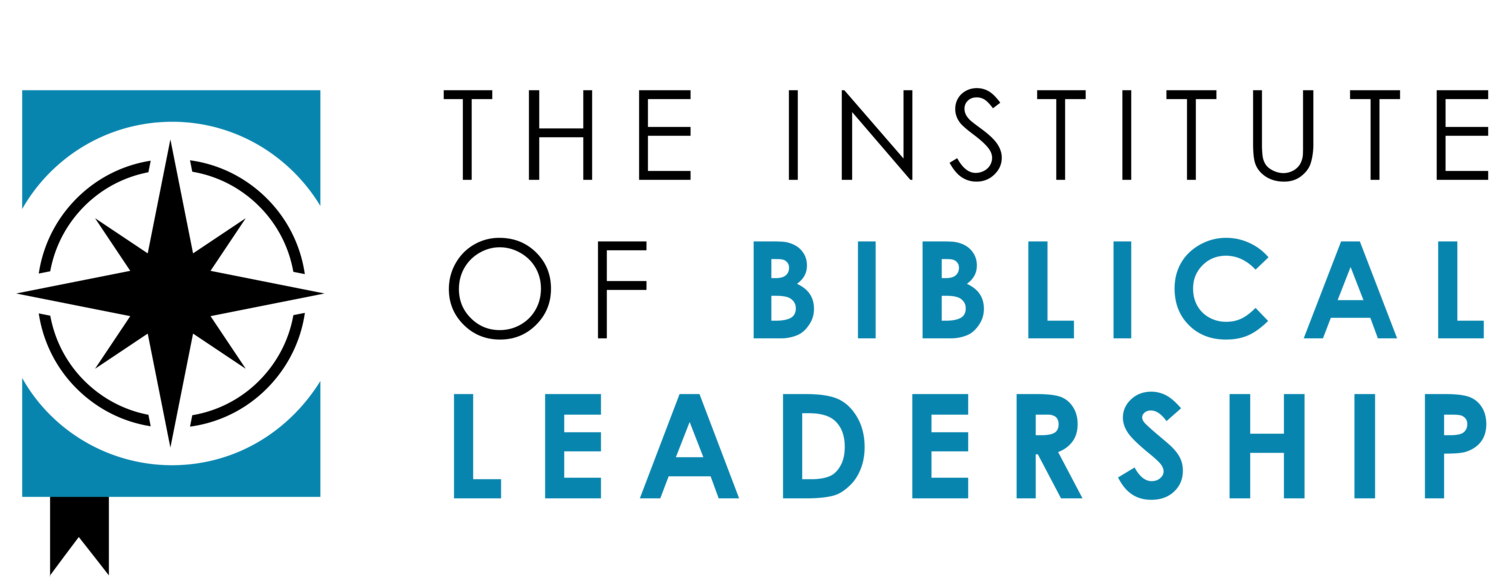IBL has served national leaders in the majority world since 1998, when Russ Lloyd led his first training conference for Vietnamese church leaders just north of Ho Chi Minh City. Since then, we have developed majority world leaders in Central and South America, East Africa, and Central and Southeast Asia. As COVID winds down in the months ahead, we anticipate a dramatic reopening of our international training efforts in 2022, doubling the number of people groups we currently serve.
The ultimate motivation for these efforts is core to Christianity and the overarching purposes of God. The Word became flesh to accomplish a specific mission: the redemption of man for God’s glory (John 1:1-16). This mission was in furtherance of God’s single, overarching missionary purpose, first alluded to in Genesis 3:15 and explicitly stated for the first time in Genesis 12:1-3, in the calling of Abram. In these verses, we learn God accomplishes His redemptive purpose through a process of:
Enlisting us into His activity (v1)
Sovereignly promising to bless us personally (v2a)
Overcoming the curse of man’s sin and blessing others through our service (v2b; see also Gen 10-11)
Sovereignly promising us His protection (v3a)
Blessing all mankind through our service (v3b)
While Genesis 12 is a promise given specifically to Abram, it is given to us as well (see Hebrews 6:9-20 and Isaiah 61:1-3). This purpose is restated for the Church in the Great Commission: “All authority in heaven and on earth has been given to me. Go therefore and make disciples of all nations, baptizing them in the name of the Father and of the Son and of the Holy Spirit, teaching them to observe all that I have commanded you.” Matthew 28:18-20.
At IBL, we view our efforts to develop majority world leaders as a key link in the chain of God’s redemptive purpose. By equipping national leaders, our efforts help establish a people who worship and serve God, so they can bring the gospel to another people, who can be established in Christ, worshipping and serving him, so they too can bring the gospel to another people… and so on.
Yet, importantly, we recognize the Great Commission is a mandate to be fulfilled through the local church. So, while IBL has a role to play in the Great Commission mandate, it must be fulfilled under the authority of local churches who partner with us. The local church must take the lead as they are led by the Holy Spirit to invest in another people group, with IBL coming alongside with our insights and expertise in developing God-honoring leaders who can effectively establish people in worship and service.
So, what are the key leadership needs in the majority world that, when met, will build strong links in the redemptive work of God?
God used a seven-year period in IBL’s history, from 2005 until 2012, to help us understand the key needs of the majority world Church. During this season, God led us to many countries: Guatemala, Uruguay, Argentina, Paraguay, Kenya, Turkey, India, Vietnam, Thailand, and others; responding to individual requests for training, coaching, and consulting. While fulfilling those calls for assistance, we also sought to understand whether God had some ongoing work for us in the majority world. While each of these countries have unique people, histories and cultures, God highlighted for us some common challenges faced by majority world leaders around the globe.
First, there is a great need to clarify the practical, essential doctrines of the Christian faith. With little access to formal Bible training, most leaders in the majority world learn from whatever resources are readily available, resulting in profound doctrinal error and confused practice.
Second, there is a need to deeply instill personal spiritual disciplines and biblical leadership practices in the lives and ministries of God’s leaders. In the majority world, there is minimal understanding of the leadership principles found in God’s Word. Instead, leaders rely on common cultural norms which equate leadership with position, title, power, and money, resulting in a very fleshly form of leadership. This dynamic also exists here in the USA and other parts of the developed world.
Third, there is a need to encourage effective, Word-based, Spirit-led pastoral ministry. Cultural norms, not sound biblical exegesis and application, often drive personal morality and relationships within the Body of Christ. This tendency is magnified by culturally driven leadership practices in which leaders mandate behavioral conformance by fiat, resulting in a system of legalistic practices among Christians rather than Spirit-led growth.
Fourth, there is a need for national leaders to be the primary leaders accountable to Christ, developing self-sustaining, organically reproducible churches and ministries consistent with their own cultures. Too many Christian endeavors in the majority world have been spearheaded by western culture, money, and leadership, inadvertently hindering these ministries from developing their “sea legs” so they can sustain themselves in an independent fashion, realizing enduring growth and impact for Christ.
Meeting these needs is central to fulfilling the Great Commission mandate in the majority world. The opportunity for eternal impact is great and compelling. For this reason, IBL partners with North American churches who have a Holy Spirit-led burden to invest in the leadership of a specific people group. Serving together, we labor to forge the next link in the redemptive chain God is constructing.

